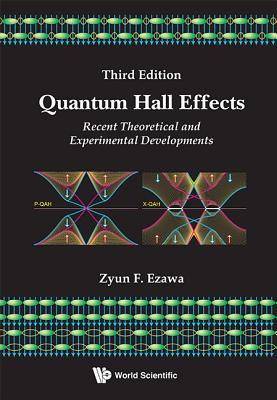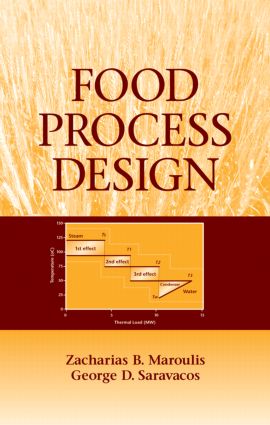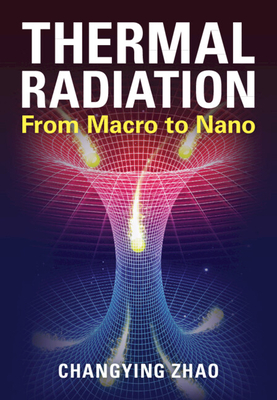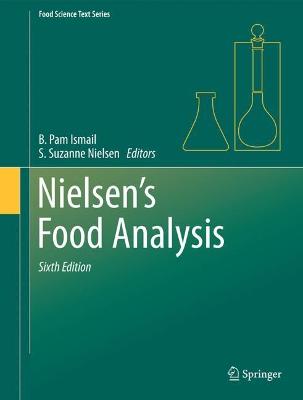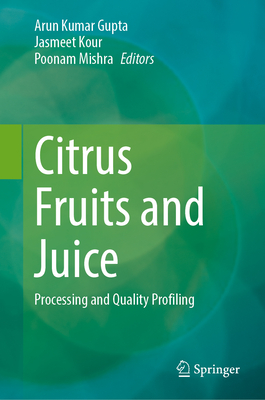
Deep Learning
深度学习
¥
696.25
售 价:
¥
557.00
优惠
平台大促 低至8折优惠
发货周期:预计1-3天发货!
作 者
出 版 社
出版时间
2016年11月18日
装 帧
精装
页 码
800
语 种
英文
综合评分
暂无评分
- 图书详情
- 目次
- 买家须知
- 书评(0)
- 权威书评(0)
图书简介
深度学习是一种机器学习形式,能让计算机从经验中学习并从概念层次理解世界。本书涵盖深度学习众多主题,提供线性代数、概率论、信息论、数值计算和机器学习相关概念等数学和概念背景知识,描述工业界从业者使用的深度学习技术,如深度前馈网络、正则化、优化算法、卷积网络、序列建模和实用方法学等,还涵盖自然语言处理、语音识别、计算机视觉、在线推荐系统、生物信息学和视频游戏等应用,然后提供线性因子模型、自动编码器、表示学习、结构化概率模型、蒙特卡洛方法、配分函数、近似推理和深度生成模型等理论研究视角。可供计划在工业界或研究领域发展的本科生或研究生以及想在产品或平台中使用深度学习的软件工程师使用,有网站为读者和教师提供补充材料。
作者简介
伊恩·古德菲洛是 Google的研究科学家。
约书亚·本吉奥是蒙特利尔大学的计算机科学教授。
亚伦·考维尔是蒙特利尔大学的计算机科学助理教授。
本书暂无推荐
本书暂无推荐

